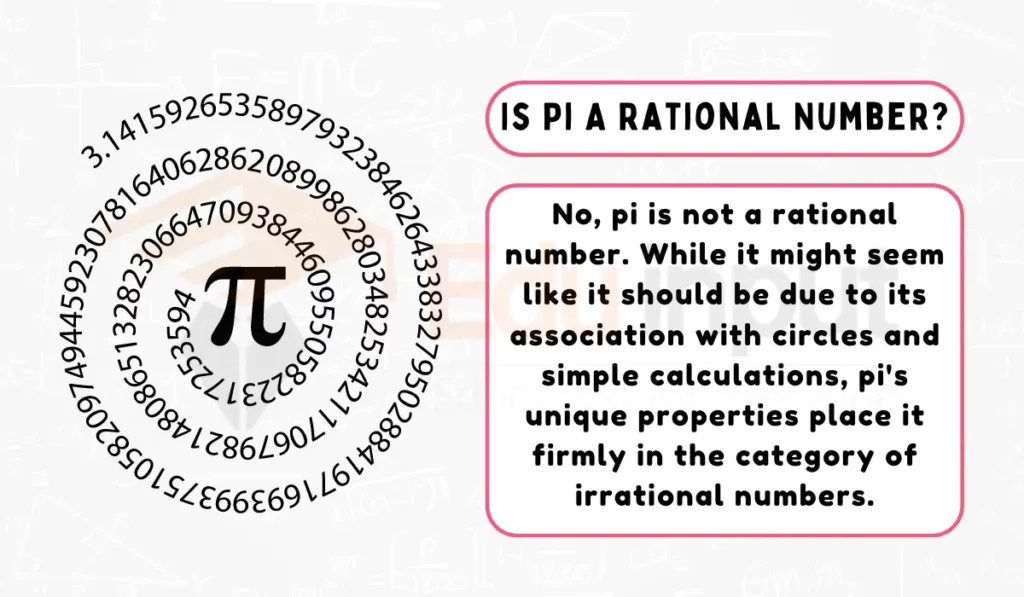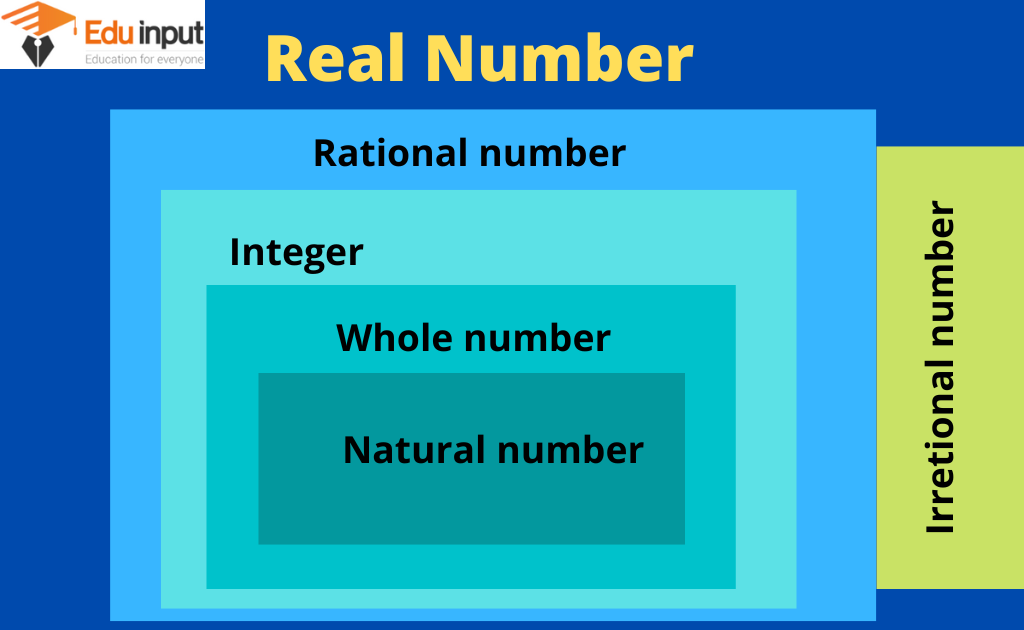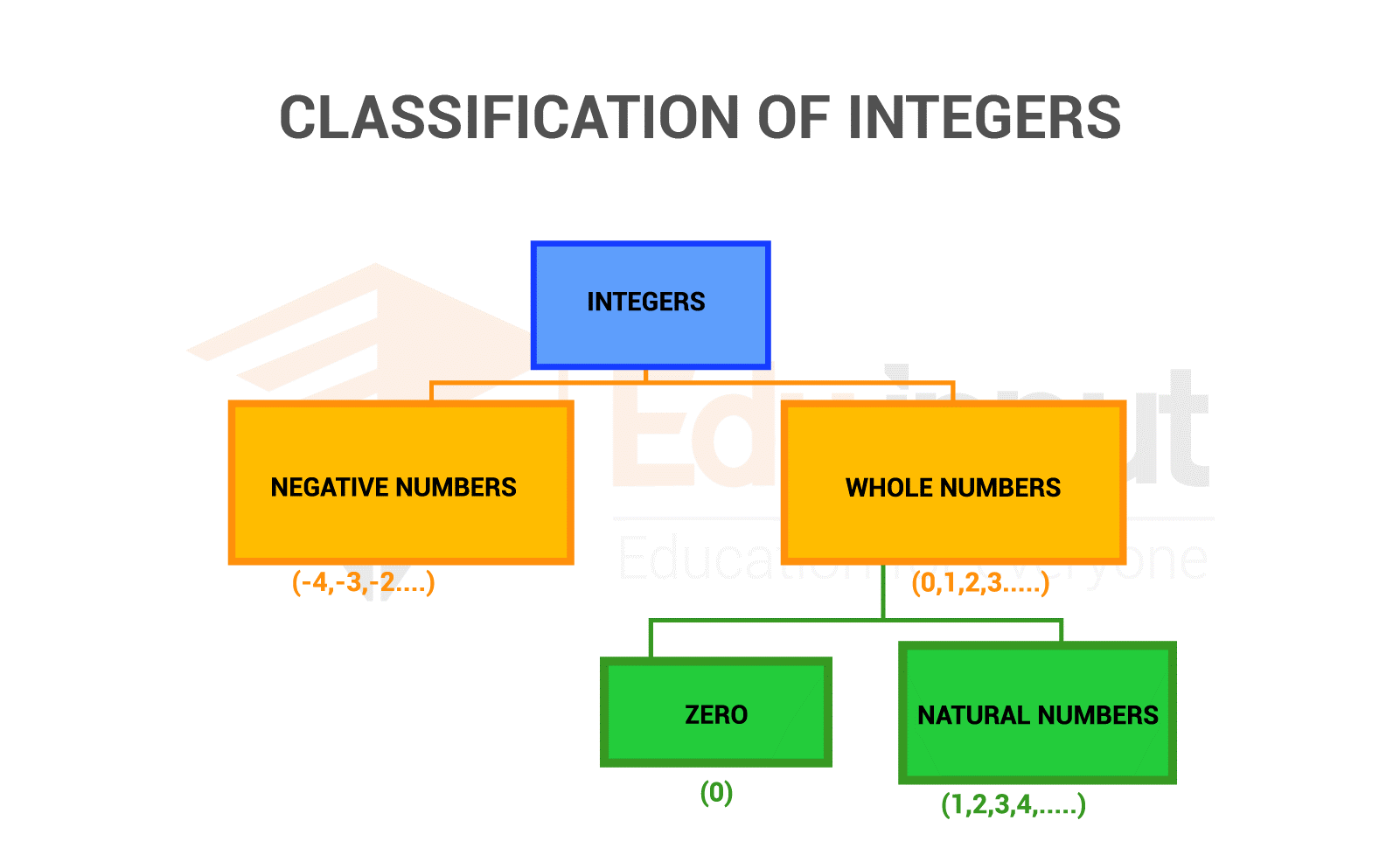Is Pi A Rational Number?
No, pi is not a rational number. While it might seem like it should be due to its association with circles and simple calculations, pi’s unique properties place it firmly in the category of irrational numbers.

Read Other Examples of Rational Numbers
Reasons Why Is Pi not A Rational Number?
1. Non-Terminating and Non-Repeating Decimal
The decimal representation of π goes on forever without repeating (3.14159…). This violates the definition of a rational number, which must be expressible as a finite decimals or a repeating decimal fraction of two integers.
2. Proof by Contradiction
We can assume the opposite – that π is rational – and arrive at a contradiction. This proves that our initial assumption must be false.
- If π were rational, it could be expressed as a fractions p/q (where p and q are integers).
- Squaring both sides of the equation, we get π² = p²/q².
- Multiplying both sides by q², we get π²q² = p².
- This means p² must be a multiple of q², which implies p itself must be a multiple of q (since squaring both sides cannot “create” new factors).
- This shows that both p and q have a common factor (q), violating the initial condition that the fraction p/q is in its simplest form.
Since we reached a contradiction, our initial assumption that π is rational must be false.
3. Connection to Geometric Shapes
π is fundamentally linked to circles and their properties, such as circumference and area. These geometric concepts inherently involve irrational ratios that cannot be expressed as simple fractions.

 written by
written by 





Leave a Reply